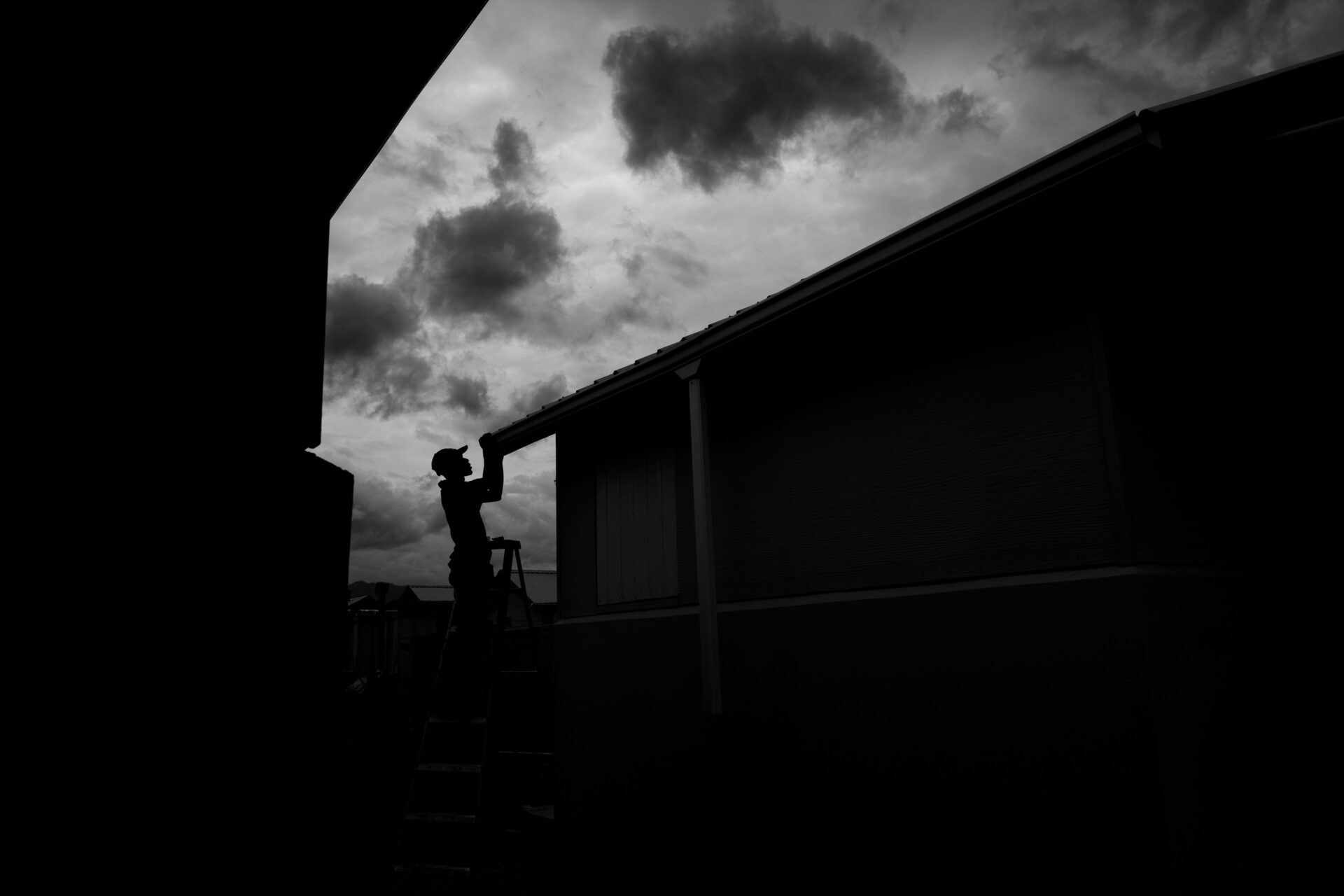
A Reflection on Accountability for Chemical Weapon Use in Syria
InterAction observes the Day of Remembrance of all Victims of Chemical Warfare
November 30, the Day of Remembrance of all Victims of Chemical Warfare, is an opportunity to reflect on the devastating history of chemical weapon use.
Chemical weapons were first deployed in World War I, resulting in over 1.3 million injuries or deaths.
Subsequent chemical weapons use in the second Italo-Abyssinia War (1936–1940), World War II, the Yemeni Civil War (1963–1967), and the Iran-Iraq War (1980–1988) injured or killed at least 244,000.
One particularly disturbing incident, a 1988 retaliatory attack ordered by former Iraqi President Saddam Hussein on the Kurdish town of Halabja, killed over 5,000 Iraqi Kurds—primarily women and children—and 486 people allegedly remain “seriously ill” from the event.
These incidents helped motivate the adoption of the Chemical Weapons Convention (CWC), which entered into force in 1997, and the establishment of an implementing body, the Organization for the Prohibition of Chemical Weapons (OPCW), creating the contemporary chemical disarmament regime that has helped significantly reduce the threat of chemical warfare. The CWC now has 193 State Parties. As of October 31, 98.9% of all declared chemical weapon stockpiles had been destroyed, with the rest scheduled for elimination by 2023.
However, while major progress has been made in the destruction of chemical weapons, the Syrian Government’s systematic deployment of chemical weapons against civilians over the past decade shows a blatant disregard for established norms.
Chemical warfare and civilians in Syria
Casualty estimates vary, but a comprehensive study from the Global Public Policy Institute (GPPi) documented at least 1,935 deaths and 18,632 injuries from 334 Syrian government-perpetrated chemical weapon attacks between December 2012 and May 2019. More than 60% of the deaths and 50% of the injuries are attributed to the 2013 sarin attack in Eastern Ghouta.
Although Syria became a State Party to the CWC in 2013 and eliminated its declared stockpile of chemical weapons in 2016, GPPi recorded 108 attacks after destruction was reportedly completed.
Chemical weapon attacks in Syria have also produced deleterious effects beyond physical harm, compelling civilians to “flee their homes and communities” out of fear and weakening local resilience. GPPi interviews revealed that chemical warfare had a “greater psychological impact” on Syrian communities than conventional bombing, disproportionately impacting women.
In the past few years, the regime’s attacks have largely disappeared from public consciousness, despite the government’s continued refusal to cooperate with international investigators and unresolved concerns regarding the nation’s chemical weapons program. In April, the OPCW voted to suspend certain rights and privileges for Syria after the regime did not provide requested details to the body concerning three chemical attacks in 2017, and the OPCW found a “new chemical weapons agent” in “samples collected in large storage containers” in September 2020.
In addition, Richard Mills, the Deputy Representative of the U.S. to the U.N., stated in a May 6 Security Council briefing that the U.S. “continue[s] to assess that the Assad regime retains sufficient chemicals to use sarin, to produce and deploy chlorine munitions, and to develop new chemical weapons.” The OPCW’s Investigation and Identification Team, which is tasked with “identifying the perpetrators” of chemical weapon use in Syria, released its second report in April, and further reports will be published “in due course.”
What are NGOs doing to help?
While there is much progress to be made, tangible accountability may be more promising at the individual level. In October 2020, a group of NGOs filed the first criminal chemical weapons–focused complaint against senior regime officials with the Office of the German Federal Public Prosecutor, seeking the arrest and prosecution of officials responsible for attacks on Al-Ghouta in 2013 and Khan Sheikhoun in 2017. NGOs filed similar complaints in France and Sweden in March and April, respectively, as part of a concerted legal campaign. If the designated courts take up these cases, it could help reverse the pervasive trend of impunity for chemical weapon use over the course of the civil war.
In the U.S., InterAction and its Member NGOs promote policies and practices to more effectively minimize harm to civilians in armed conflict. This is pursued, in part, by:
- Engaging with the U.S. Department of Defense on a number of issues, including the protection of civilian objects (schools, hospitals, and places of worship, etc.).
- Minimizing the displacement of civilians due to military activities.
- Ensuring partnered operations—including with state and non-state armed groups such as Saudi Arabia and the Kurds—don’t compromise civilian safety.
- Discouraging the use of weapons with wide-area effects in populated areas.
As we remember all the victims of chemical warfare on this solemn day, let us not view chemical weapons as a threat of the past. We must remember those who are still suffering from their use, communities that have been torn apart, and justice that has not been rendered, and strongly condemn actors complicit in impunity for such abuses, to create a landscape conducive to true chemical disarmament and help ensure events in Syria do not recur in any context.
Learn more about the Day of Remembrance for All Victims of Chemical Warfare and check out InterAction’s work on the Protection of Civilians in Armed Conflict.








